Journey into darkness – Transplants, markets and trafficking
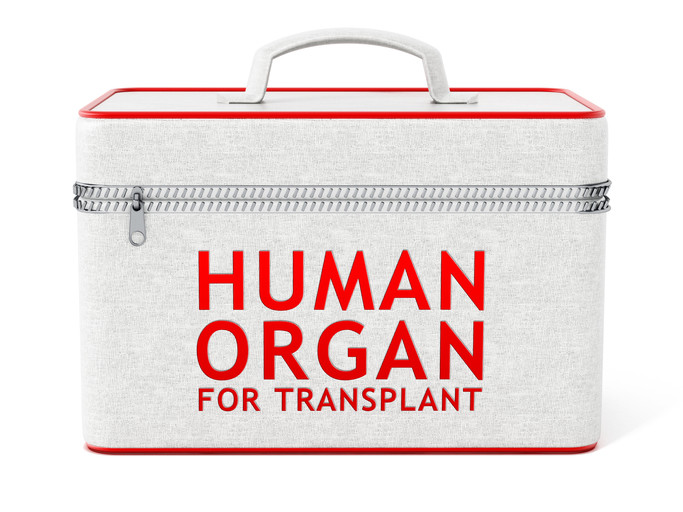 When in 2016, an editor from a leading academic publisher approached me about contributing a book chapter on the ethics of organ markets, I readily agreed thinking that this would entail little more than many other previous commissions. With most bioethical issues, the arguments pro and con are usually abstractions to be weighed and evaluated and a conclusion eventually drawn – or sometimes avoided in order to prolong ethical fence-sitting.
When in 2016, an editor from a leading academic publisher approached me about contributing a book chapter on the ethics of organ markets, I readily agreed thinking that this would entail little more than many other previous commissions. With most bioethical issues, the arguments pro and con are usually abstractions to be weighed and evaluated and a conclusion eventually drawn – or sometimes avoided in order to prolong ethical fence-sitting.
This topic however did prove to be rather different. One of early findings was that once organ acquisition from the living moves from being a matter of gifting the organ by donation to gaining the organ by financial transaction, a line is crossed which changes the whole environment within which transplantation takes place in a society. Once you have an organ market it makes people think more carefully about why they should be an altruistic donor. This I could have predicted but the second finding however took me completely by surprise. It was quite impossible to write about organ markets without writing about people trafficking. It soon became clear that wherever people trafficking is happening, organ trafficking will either be a part of it or closely linked and organ trafficking is difficult to disentangle –at least at the margins – from organ trafficking
Headlines such as “Pakistani police rescue 24 from organ trafficking gang” and “Boy of 12 smuggled into the UK for gang to sell his body parts” are a far cry from the kind of ‘abstractions’ I thought I would be dealing with a few months before. I contacted the editor and said I didn’t think it would be possible to write about organ markets in isolation from organ trafficking – in the largest anthology on organ trafficking I could locate the majority of the chapters were about organ markets- and she agreed that I could broaden the chapter out.
Universal Prohibition Advocated
Examination of websites such as those of the UN, World Health Organisation, The Transplantation Society and the International Society of Nephrology revealed that every international declaration on people trafficking (such as the UN’s Palermo protocol) specifies organ trafficking as a specific form of exploitation linked to people trafficking and declarations on organ trafficking (such as the Declaration of Istanbul) as well as prohibiting the practice also stress that “organ donation should be a financially neutral act”.
Despite such universal condemnation however, it is reckoned that around 10% of organs worldwide are trafficked meaning that an illegally acquired organ is transplanted every hour. How is it then that the practice remains so persistently prevalent?
A Chorus of Approval
One of the factors involved is that advocates of organ markets, though they may well be motivated by a genuine desire to see fewer patients die from lack of an available matching organ also tend to play down the reality of the links with people trafficking.
There are three main groups of people involved in promoting organ sales – philosophers (especially ‘practical’ ones), economists (particularly neoclassical ones) and doctors (particularly those who work in private healthcare systems).
Once this became clear, the task of the research then became to understand the arguments from each of these three groups seeking to justify payments for organs. I then sought to see whether the claims made in such arguments actually worked out in the real world and looked at the experiences and finding of researchers working in India, the Philippines and other poor parts of the world.
Finally since most of those advocating organ sales pointed to Iran as the shining paragon of how organ markets work, I then looked at reports of what is happening in Iran. Whilst it is true that Iran has no waiting list for organ transplants and is the only country in the world in which this is the case, there is a price to be paid and since the majority of organ movement is out of the poor and into the rich, it is not difficult to work out who is paying it.
One of the most chilling verses in the New Testament is Revelation 18:13 – part of the lament of the merchants over the crash of Babylon “because there was no one left to buy their cargo” (Revelation 18:v11). The list of their merchandise goes on for two verses and concludes in the King James Bible with “wine, and oil, and fine flour, and wheat, and beasts, and sheep, and horses, and chariots, and slaves, and souls of men.” The final phrase of “souls of men” is translated as “human beings sold as slaves” in the NIV and “bodies – that is human slaves” in the NLT. John clearly sees the end of human trafficking and slavery as the future trajectory for God’s plan for the world. This is one part of the fullness of Kingdom to come that we can and should seek to do some about this side of eternity too.
Trevor Stammers
Dr Trevor Stammers is Reader in Bioethics and Director of the Centre for Bioethics and Emerging Technologies.
Trevor’s findings are due to be published in the spring of 2019
This blog was originally published on the JAM Network Blog on 30 August 2018

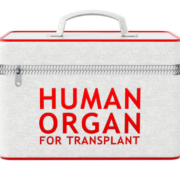

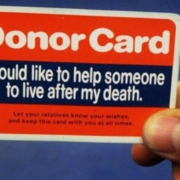


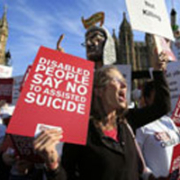
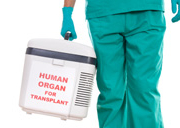
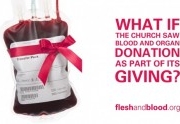



Leave a Reply
Want to join the discussion?Feel free to contribute!